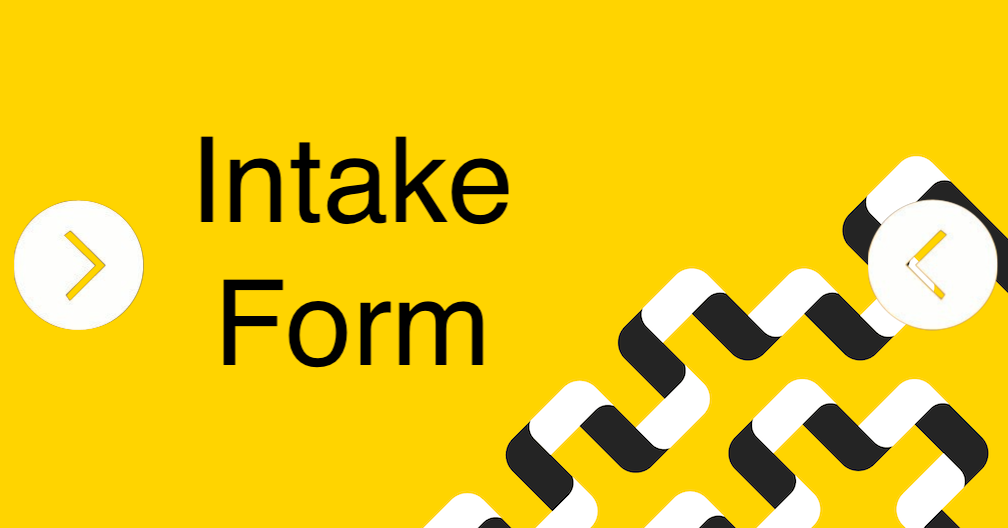Make an Appointment
If you have any technical difficulties with the link, please write to us at writingc@dal.ca and we will help!
Types of appointments:
In-person or Video Appointments (30-60 minutes):
Meet one-to-one with an advisor to discuss your paper and receive feedback. We especially recommend a one-to-one appointment the first time you come so we can get to know you and your writing style.
Drop-In Sessions (10-12 minutes):
Meet one-to-one with an advisor for a quick writing question during our drop-in- hour each weekday morning and afternoon. Drop-ins are in-person and online, first come, first served, and no booking required. These quick visits are a great way to consult on a paper while you are on the waitlist for a longer appointment or when you have a quick question about writing.
- Morning session: 10:00 - 11:00 a.m. (Monday to Friday)
- Afternoon session: 2:30 - 3:30 p.m. (Monday to Friday)
- In-person location: Killam G40C
- Online location via Collaborate
Online Review Appointments:
A tutor or advisor who will read through your paper and make suggestions and offer feedback in the margins. We will email your paper back to you within 48 weekday hours (sooner when possible), so factor this time into your assignment planning.
We offer writing advising on any type of writing assignment, including:
- Thesis chapters
- Research papers
- Essays
- Technical writing
- Class presentations and posters
- Mock defense run-throughs
- Business reports
- Applications and letters of intent
- Proposals
Note: You don’t need to have a finished document to receive feedback. We will review or discuss documents at any point in their creation, including how to get started or getting some help understanding assignment guidelines and expectations.
Self-disclosure and confidentiality at the Writing Centre
Academic assignments, course progress, and matters of a personal nature are kept confidential in Student Affairs (the Writing Centre is one student support unit within Student Affairs). Your discussion will be considered confidential with three exceptions:
- When an advisor, coach or tutor believes that you may be at risk of harm to yourself or someone else;
- When an advisor, coach or tutor becomes aware that a crime has been committed; or
- When you communicate or do something that is a violation of university policy.
We take your well-being, the well-being of our community members, and your right to privacy seriously.





